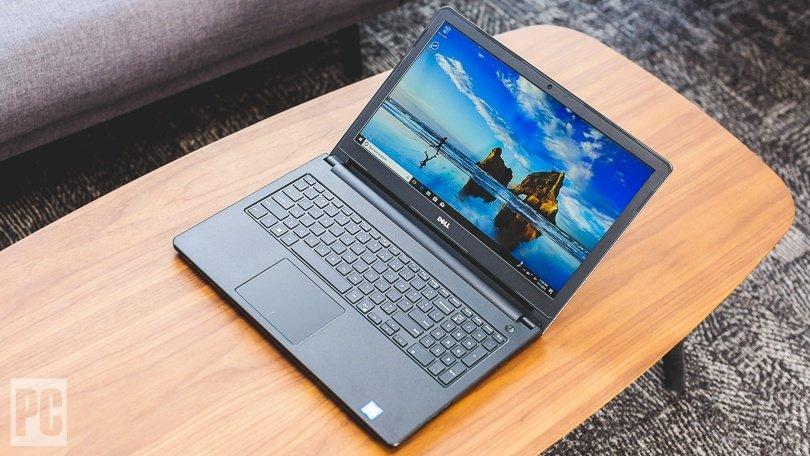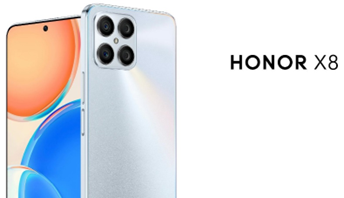The 10 Best Dell Laptops for Every Scenario
Dell has been one of the world’s leading technology companies for nearly 40 years, producing everything from desktops and laptops to monitors and electronic accessories, like mice, keyboards, and docking stations. Its line of laptops ranges from pricey multimedia powerhouses and affordable lightweight options to 2-in-1s that double as a tablet and laptops with features better suited to gamers. With so many models to choose from, it can be challenging to figure out which one is best for your needs. So I’ve done the research to help you sort through the nearly one hundred laptops and 2-in-1s Dell has to offer.
The Expert: I’m a laptop nut who writes about technology for a living. My articles have appeared in The Los Angeles Times, The Guardian, Reuters, and other online outlets. Admittedly, I spend far too much time tapping on keyboards and have owned many Dell models over the years. My current laptop arsenal consists of a Microsoft Surface Go 2, whose small size and reasonable price make it ideal for travel, a Microsoft Surface 7 2-in-1 tablet, a MacBook Pro, a Samsung Chromebook, and an LG Gram 17, which has a huge screen that’s great for editing large documents. I’ve tried everything from slow low-end models to high-end speed machines.One of the first things to ask yourself is what you’ll be using your laptop for. If you spend long hours looking at documents or you want a more cinematic experience when streaming movies, you’ll likely want a screen 15 inches or larger. If you commute daily or travel often, you’ll want something that’s thin, light, and small enough to shove into a backpack—the Dell Inspiron 13 5310 on our list weighs just 2.78 pounds and has a 13-inch screen. A 2-in-1, which is both a laptop and a tablet, is ideal for those who want to use their gadget for both work and entertainment.
In general, the bigger the screen you buy, the happier you’ll be. Few people regret buying a screen that’s too big, but the opposite is often true. Remember, though, that size isn’t everything when it comes to screens.

A 13-inch screen is a sweet spot for most people, offering a good balance between portability and usability. A 15-inch or larger display can be awkward to place on the tray table of an economy class airline seat, but it can be a better choice for those who keep their laptops on a desk.
The higher a display’s resolution is, the more detailed an image can be, because it has more pixels. Also, more content can fit onto a higher-resolution computer screen than on a lower-resolution screen, so it’s best for viewing large documents. Look for a resolution of at least 1,366 x 768 pixels.
More Laptops Best Laptops • Best Cheap Laptops • Laptops Under $500 • Laptops for College • Best Mini Laptops
Processor speeds are measured in gigahertz (GHz). The higher the GHz, the faster the processor. For example, a laptop with a 4.7 GHz processor will perform twice as fast as one with a 1.6 GHz processor. For simple tasks like word processing, almost any model will do. But if you plan to use your laptop for gaming or editing videos, look for a laptop with a high-end processor. The Dell XPS 17 9710 has a 4.6 GHz Intel Core i7-11800H.
The amount of memory, or RAM, your laptop has is key to its performance. The more RAM you have, the smoother it will operate. You’ll notice a big difference in the speed of launching and between applications. Most laptops come with 16 GB of RAM, which is the bare minimum. But it’s easy enough to buy and plug in extra memory (another 16 GB will run you about $60). Having more RAM boosts computer speed if you use many programs or browsing tabs at once, or if you do memory-intensive tasks like gaming. A laptop with 16 GB of RAM will often be significantly quicker than one that has 8 GB.
Dell laptops can be had these days for as little as a few hundred dollars. While it’s tempting to save money up front, you might regret those savings in the long run. Lower-end Dells tend to have smaller screens, limited memory, and slower processors. If all you’re doing is casual web browsing or streaming Netflix, a cheaper Dell can work just fine. But if you’re looking for something that allows you to edit videos or perform heavy-duty work like manipulating large spreadsheets or using processor-intensive software like Photoshop, consider investing in a more capable machine.








